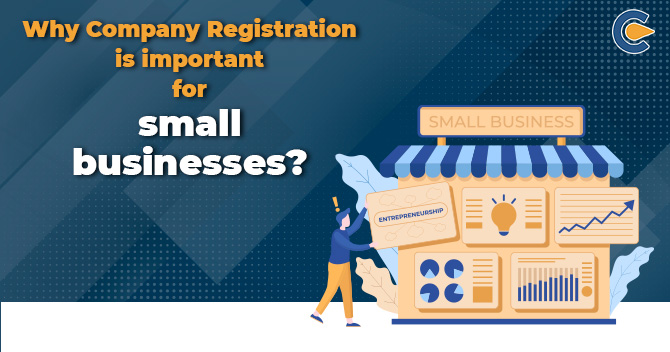
 Understanding partnerships in business
Understanding partnerships in business
Some common examples of businesses that are often structured as partnerships include:
Professional Services:
Partnerships are common among professionals such as lawyers, accountants, architects, doctors, engineers, consultants, and other professional service providers.
Retail Stores:
Partnerships can operate retail businesses such as clothing stores, electronics shops, grocery stores, and specialty stores. The partners may collaborate on business operations, decision-making, and sharing of profits and losses.
Restaurants and Food Services:
Partnerships can be form to run restaurants, cafes, food trucks, catering services, and other food-related businesses. Partnerships allow for shared responsibilities and pooling of resources.
Real Estate:
Real estate partnerships involve multiple partners collaborating on real estate investments, property development, property management, or real estate agencies.
Manufacturing:
Partnerships can exist in manufacturing industries, where partners join forces to produce and distribute goods. This includes partnerships involved in production, assembly, and distribution of products.
Technology and Startups:
Partnerships can be formed among individuals or entities to develop and commercialize new technologies, software, apps, or other innovative products and services.
Creative Industries:
Partnerships are prevalent in creative fields such as advertising agencies, design studios, media production companies, and art galleries. Partners may combine their skills and expertise to deliver creative services and products.
Farming and Agriculture:
Partnerships can be formed in agricultural businesses, where partners collaborate on farming, livestock, agricultural production, and related activities.
These are just a few examples, and partnerships can exist in virtually any industry or sector. The decision to form a partnership depends on the nature of the business, the goals of the partners, and the desired structure for sharing responsibilities, risks, and rewards. It’s important for partners to carefully consider their business objectives and consult with legal and financial professionals to determine the most suitable business structure for their specific needs. Understanding partnerships in business.
FAQs:
Web Link:В В В https://vibrantfinserv.com
FB Link:В В В В В В https://fb.me/vibrantfinserv
Insta Link:В В https://www.instagram.com/vibrantfinserv2/
Twitter:В В В В В В https://twitter.com/VibrantFinserv
LinkedIn:В В В https://www.linkedin.com/in/vibrant-finserv-62566a259/
